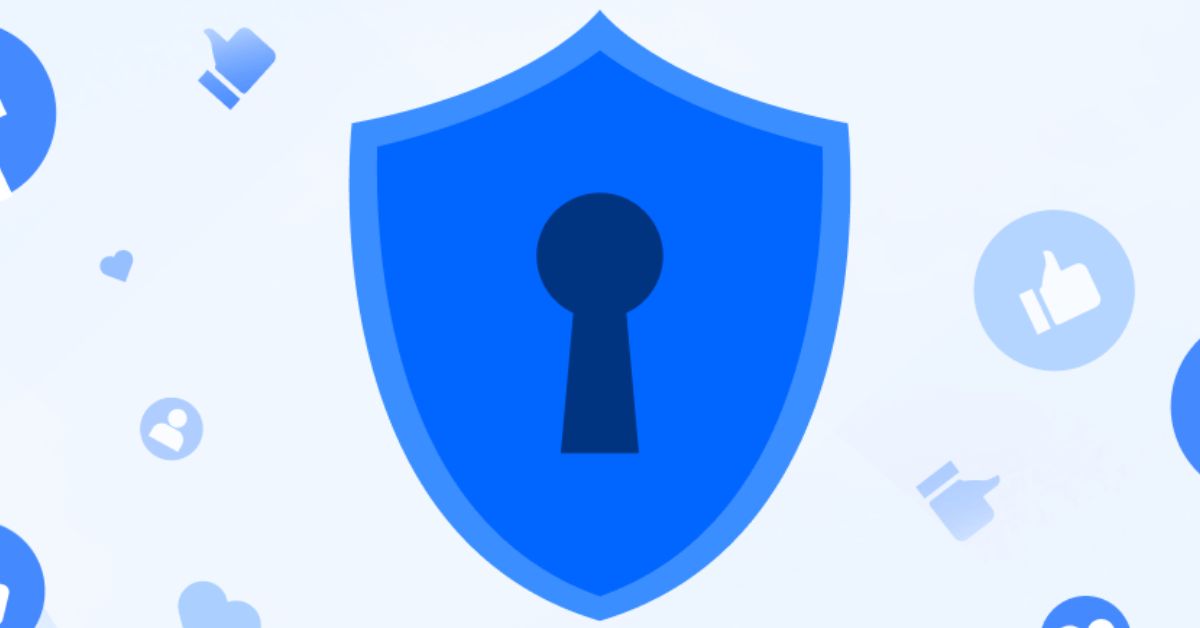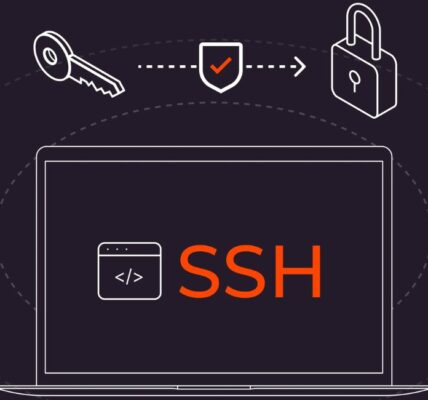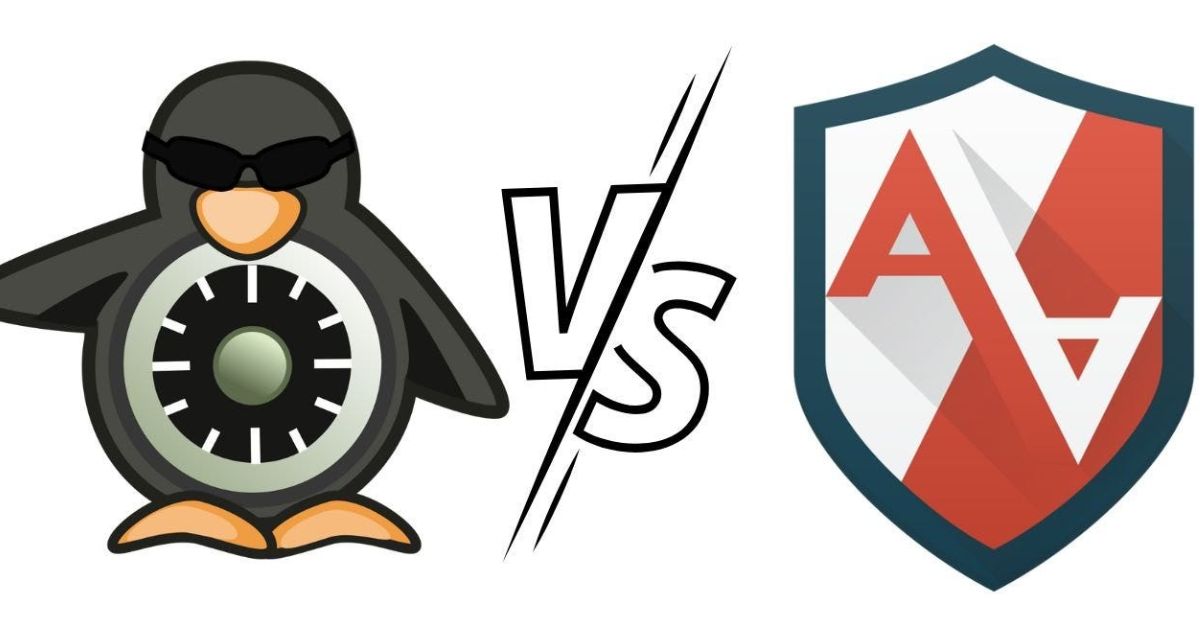Introduction
In todays digital age privacy concerns become increasingly prominent. With proliferation of social media platforms online shopping and digital communication individuals more exposed than ever before. Howeve amidst growing concerns there silver lining enhanced privacy control and options anonymity are emerging powerful tools to empower users and safeguard their personal information.
Understanding Privacy
Privacy, in the digital context, refers to the ability of individuals to control the access and usage of their personal information online. It encompasses the right to keep certain aspects of one’s life confidential and away from the prying eyes of corporations, governments, and malicious actors.
The Need for Enhanced Privacy Controls
The digital landscape is fraught with threats to privacy. From data breaches to intrusive tracking mechanisms, individuals face numerous challenges in safeguarding their personal information. Consequently, there is a growing demand for enhanced privacy controls that offer users greater autonomy over their online presence.
Privacy Controls vs. Anonymity:
While privacy controls enable users to manage the visibility of their personal information, anonymity takes it a step further by allowing individuals to interact online without revealing their true identities. Understanding the distinction between these two concepts is crucial in comprehending the diverse array of tools available to users for safeguarding their privacy.
Types of Enhanced Privacy Controls
- Privacy Settings on Social Media Platforms: Leading social media platforms such as Facebook, Twitter, and Instagram offer users granular privacy settings that allow them to customize who can view their posts, photos, and personal information. These settings empower users to control their online presence and manage their privacy effectively.
- Browser Privacy Features: Modern web browsers come equipped with privacy features such as tracking protection, private browsing modes, and cookie management tools. These features enable users to browse the internet without leaving behind a trail of digital breadcrumbs, thereby enhancing their online privacy.
- Virtual Private Networks (VPNs): VPNs serve as a crucial tool for safeguarding online privacy by encrypting internet traffic and masking users’ IP addresses. By rerouting their connection through remote servers, VPN users can browse the web anonymously and bypass geo-restrictions, thereby protecting their privacy from prying eyes.
- Encrypted Messaging Apps: With the rising concerns over data privacy, encrypted messaging apps like Signal, WhatsApp, and Telegram have gained popularity among users seeking secure communication channels. These apps employ end-to-end encryption to ensure that only the intended recipients can access the messages, thereby enhancing privacy and confidentiality.
- Privacy-Focused Search Engines: Unlike traditional search engines that track users’ search queries and browsing history, privacy-focused search engines like DuckDuckGo and Startpage prioritize user privacy by refraining from collecting personal data. By using these search engines, users can conduct online searches without compromising their privacy.
- Ad-Blocking Software: Online advertising often relies on tracking users’ browsing habits to deliver targeted ads. Ad-blocking software such as uBlock Origin and Adblock Plus help users reclaim their privacy by blocking intrusive ads and preventing third-party trackers from monitoring their online activities.
The Importance of Anonymity
Anonymity plays a pivotal role in preserving privacy and fostering freedom of expression in the digital age. It enables individuals to voice their opinions, seek information, and engage in online activities without fear of repercussion or surveillance. Whether it’s whistleblowers exposing corporate misconduct or activists advocating for social change, anonymity empowers individuals to exercise their fundamental rights without compromising their safety or privacy.
Challenges and Limitations of Enhanced Privacy Controls
Despite the advancements in privacy-enhancing technologies, several challenges and limitations persist. These include:
- User Awareness: Many individuals remain unaware of the privacy risks associated with their online activities and the available tools for safeguarding their privacy.
- Legal and Regulatory Hurdles: The legal landscape surrounding online privacy is complex and varies across jurisdictions. In some cases, laws and regulations may lag behind technological advancements, leaving users vulnerable to privacy violations.
- Technical Barriers: Implementing privacy-enhancing technologies often requires technical expertise, which may pose a barrier to entry for less tech-savvy users.
- Trade-Offs with Convenience: Enhanced privacy controls sometimes come at the expense of convenience, as users may need to sacrifice certain functionalities or endure additional steps to protect their privacy.
Summary
In an era defined by ubiquitous connectivity and digital surveillance, the need for enhancedprivacy controls and options for anonymity has never been greater. By empowering users with the tools and knowledge to safeguard their personal information, we can foster a more privacy-respecting online ecosystem where individuals can exercise their rights freely and without fear. As technology continues to evolve, so too must our commitment to preserving privacy and upholding the principles of autonomy and confidentiality in the digital realm.




